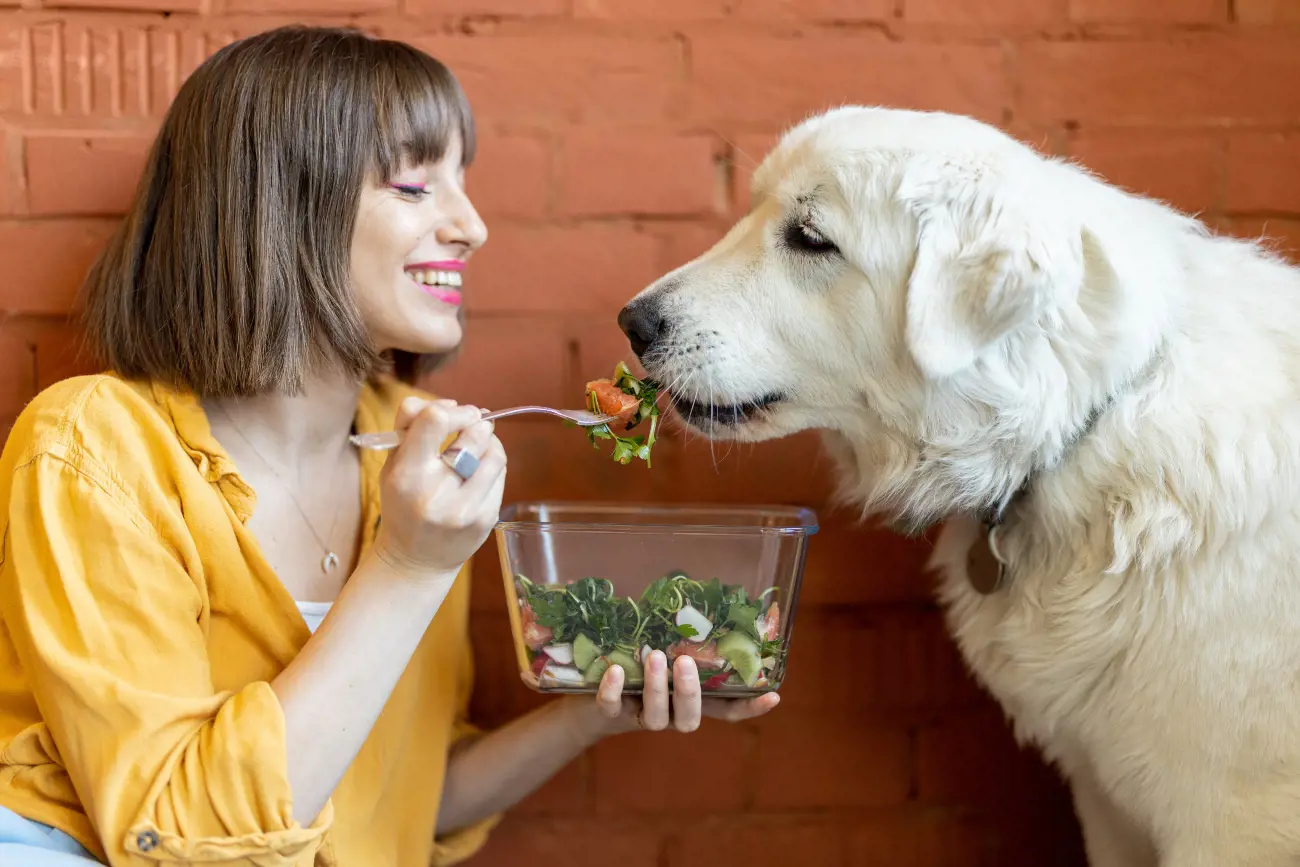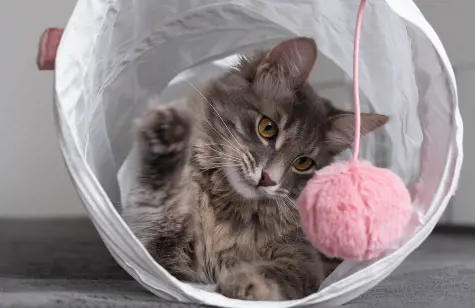Fur-bulous & Festive: Protecting Pets This Christmas
15th November, 2023

Christmas is a time to relax and have fun with the people (and pets!) that you love.
Make sure an emergency trip to the vet is avoided by being aware of the common problems that may affect your pets this time of year.
What they might eat!
Chocolate:
Chocolate is the most common problem for pets around Christmas. A recent study has shown that 82% of small animal vets in the UK had at least one chocolate poisoning case over the Christmas holiday period. It can be found in advent calendars, selection boxes, wrapped presents, decorations on the tree and left around the house for guests. Chocolate is toxic to cats and dogs. Symptoms include vomiting, diarrhoea, muscle tremors and seizures. It can be fatal, depending on how much is ingested. Dark chocolate is the most dangerous.
Mince pies, Christmas pudding and any other food containing raisins and sultanas:
Grapes, sultanas and raisins are extremely toxic to cats and dogs. Even just one raisin can cause severe symptoms, such as kidney failure. This can be fatal; the most common early symptom is vomiting.
Cooked bones:
Cooked bones can cause blockages in the gut. They can also splinter, which can pose a huge risk of damaging the gut. Symptoms include vomiting and diarrhoea.
Sweeteners:
Different types of sweets may contain the sweetener xylitol, which is poisonous to cats and dogs. Xylitol causes the blood sugar level to drop dangerously. Symptoms include vomiting, weakness, and collapse. It can lead to liver failure in some cases.
Onions, garlic, and the allium plant family:
These are all toxic to cats and dogs. Ingestion can lead to damage to the red blood cells and anaemia. Symptoms include vomiting, lethargy, and diarrhoea.
Decorations; tinsel, baubles, and most toys:
Though not normally toxic, ingestion of these can lead to a blockage in the gut. Symptoms include lethargy, vomiting, and not eating. Surgery is often required for treatment.
Plants; mistletoe, ivy and, holly:
These plants are all mildly toxic to cats and dogs. Symptoms include vomiting and diarrhoea. The development of symptoms depends on how much is eaten; usually, small amounts have minimal side effects.
Batteries:
Ingestion of batteries can cause several risks. Firstly, a blockage of the gut. Secondly, they contain a caustic substance that, if chewed and leaks out, can cause burns. Symptoms include vomiting, tummy pain, and reduced appetite.
What to do if your pet has eaten something they shouldn’t!
- Remove your pet or food from the area, so there is no further contact
- If there is any part of the food on your pet’s fur or in their mouth, make sure to remove as much as possible
- Take photos of the packaging, ingredients, and how much they have eaten. Also take note of how much they have eaten.
- Contact a vet immediately with all of the information you have, and they will advise you on what to do next. Do this even if your pet isn’t showing any symptoms
How to prevent your pet from coming in contact with these common poisons
Don’t leave any human food lying around the house, especially in areas that pets can get to. Make sure your rubbish bin is sturdy and not easy to get into
Monitor your pet when outdoors, when possible, and keep them away from unknown food on the ground
Do not leave presents, trees, decorations, leftovers, or kids toys in easy reach of pets
Last but not least, keep your (out-of-hours) vets details handy and make sure you are registered with Joii in case you need to speak to a professional!
Helpful Pages
Recent Posts
Pet Insurance Quote
- 98% claims paid *
- Claims paid directly to vets
- 24/7 vet video consultations
- Interest free monthly payments




